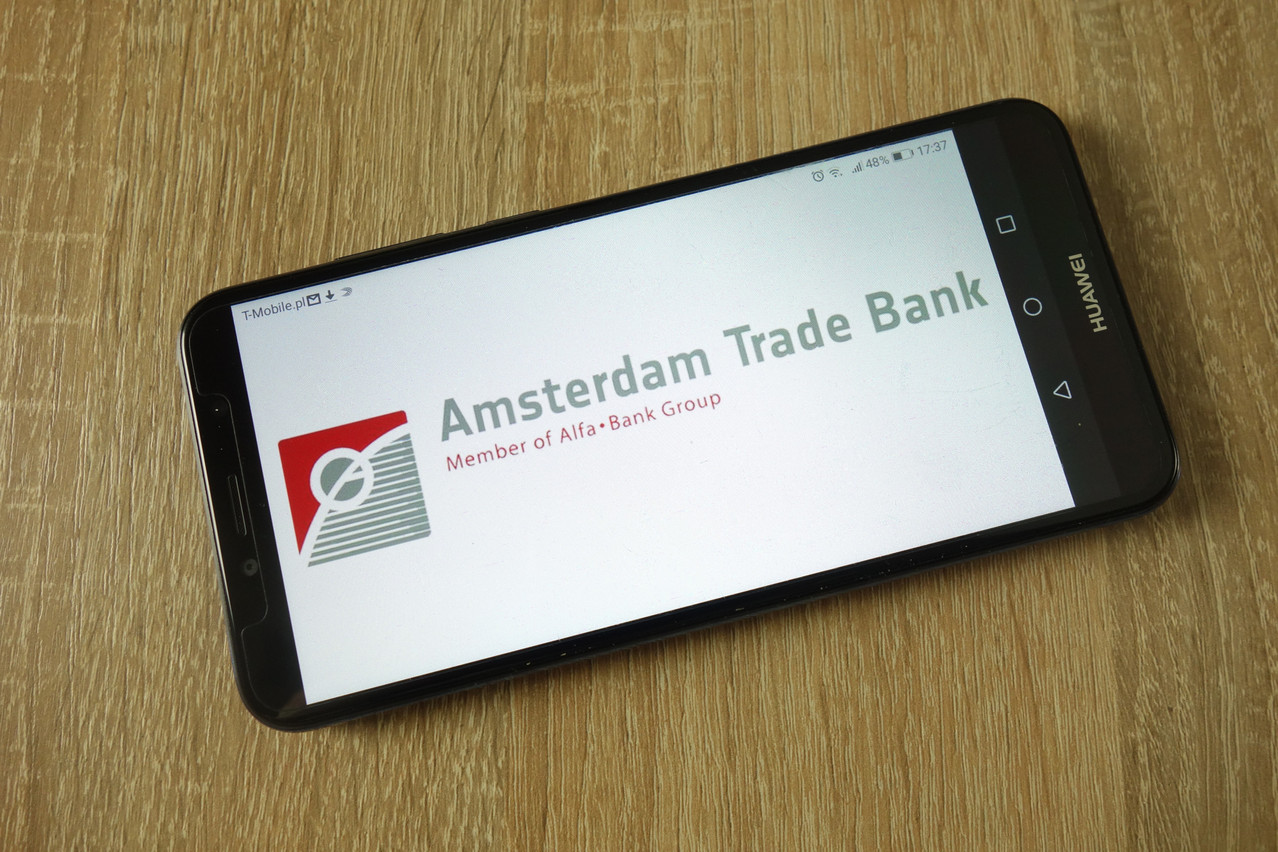The Dutch bank Amsterdam Trade Bank NV filed for bankruptcy on 22 April. “British and US sanctions have caused operational difficulties,” the bank said on its website. Although not sanctioned by the European Union, ATB was one of six subsidiaries of Russian bank Alfa Bank to be sanctioned by the US Treasury Department.
On the day ATB went bankrupt, the Dutch central bank, De Nederlandsche Bank, sent a letter to Dutch finance minister Sigrid Kaag confirming that the Western sanctions packages had caused ATB to fail. “The consequences of these sanctions have affected ATB directly and indirectly, causing a serious disruption of its business operations. As a result, ATB has decided to terminate its banking activities.”
The DNB missive states that “several related service providers in the UK and the US have terminated their services or threatened to do so”. Similarly, several of the bank’s employees have resigned. As a result, ATB experienced a disruption of its business operations.
As a result of the sanctions, software licence providers, particularly American ones, announced the termination of their agreements with ATB as of 6 May. These licences are essential to the functioning of the organisation’s banking activities. “ATB will no longer have access to the systems, personnel, information and services that are essential for it to fulfil its obligations to its depositors and other counterparties,” noted the DNB.
Two holding companies in Luxembourg
The banking institution has more than 23,000 private account holders, the majority of whom reside in the Netherlands, with 6,000 in Germany. Deposits amounted to €700 million and the DNB says the amount to compensate account holders can be fully funded by the Dutch deposit guarantee fund up to €100,000.
According to the 2020 annual report published by ATB, Alfa Bank held 76.4% of ATB’s capital. Alfa Bank is Russian systemic bank with 5.4 trillion roubles under management. The rest of ATB’s capital is held by an entity called ATB Holdings SA (12.3%) and a second entity called ABH Holdings SA (5.6%). Both are registered in Luxembourg.
A search of the register of beneficial owners (RBE) reveals that both ATB holdings SA and ABH holdings SA are owned by Mikhail Fridman, mentioned in the European sanctions list, who holds 36.47% and 32.86% of the shares respectively. Another person, Andrey Kosogov, who is not subject to any international sanctions, also owns 40.96% of the shares in ABH Holdings SA.
A search of the Trade and Companies Register (RCS) shows that Mikhail Fridman and Andrey Kosogov resigned as directors of ABH Holdings SA in March. Without being mentioned as a beneficial owner, a man named Petr Aven, also sanctioned by the European Union, resigned as a director of ABH holdings SA in March. None of them, however, appears to have a management role in ATB Holdings SA.
Both Fridman and Kosogov, both co-founders of Alfa Bank, and Aven, former head of the banking group, in March from all their positions at the Luxembourg-based international investment company LetterOne. This decision was taken after Fridman and Aven were placed on the European list of sanctioned persons on 28 April.
The pandemic and raw materials
According to the consolidated annual accounts of ABH Holdings SA, a significant part of the entity’s business is conducted in the Russian Federation, mainly through Alfa Bank. The company also has subsidiaries, operating on behalf of Alfa Bank, in Ukraine, Kazakhstan, the Netherlands and Belarus.
Symbolically based since 1994 in Amsterdam, a historical financial and shipping centre, ATB has since been active mainly in international commodity finance, including grain, metals and energy, as well as in shipping. This is a reminder that, beyond the risks arising from the sanctions, banks based in Europe remain exposed to possible future breakpoints in the energy and commodity markets, according to 29 April by the European Central Bank.
However, the ECB believes that “Russian banks’ subsidiaries in Europe are among those that have been significantly affected by the war in Ukraine and the sanctions against Russia, including their impact on their reputation.” It illustrates the manifestation of this impact with the declaration of Sberbank Europe AG and its subsidiaries in Croatia and Slovenia as defaulters on 28 February due to a severe deterioration in their liquidity situation.
ATB’s 2020 annual report noted, in particular due to the pandemic period, “negative operating results” and “solvency limits”. This led the bank to “cease its activities in some of its segments”. The bank explained that “the solvency ratio is below the minimum requirements as at 31 December 2020”, while specifying that relief had been temporarily authorised by the supervisory authorities in the context of the health crisis.
In 2017, the Dutch tax authorities, the FIOD, searched ATB on suspicion of breaches of the anti-money laundering law.
Originally published in French by and translated for Delano
